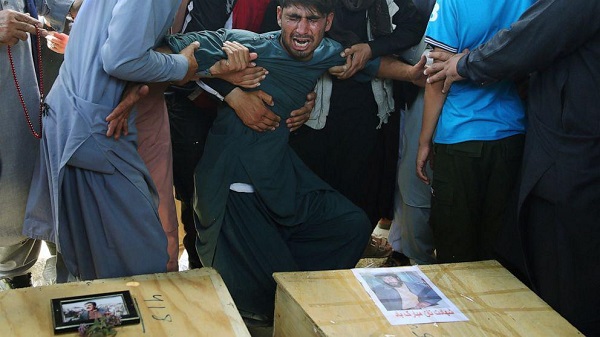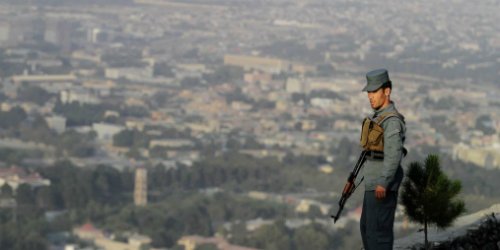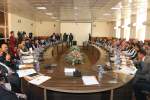Afghans are increasingly fearful for their personal safety, but slightly more believe their war-weary country is moving in the right direction, compared to previous years, according to a new survey released Tuesday.
Publish dateTuesday 3 December 2019 - 14:24
Story Code : 197084
The Asia Foundation poll found that 74.5% of respondents say they always, often or sometimes fear for their personal safety, an increase of over 3 percentage points from 2018.
“Increased optimism around the peace talks along with persistent fears about insecurity and the economy continue to influence Afghan views,” Abdullah Ahmadzai, The Asia Foundation’s country representative in Afghanistan was quoted as saying in the survey.
A total of 17,812 respondents aged 18 years and up were surveyed face-to-face across all 34 provinces from July 11, 2019 to Aug. 7, 2019, the San Francisco-based foundation said.
Optimism about the nation’s direction was at its highest in 2013 before declining to an all-time low in 2016 over concerns about the economy, difficult elections and the effects of radical reductions in foreign troops.
This year, 36.1% of respondents said the country is going in the right direction, up from 32.8% in 2017 and 2018, while 58.2% said the country is going in the wrong direction, down slightly from 61.3% in 2018.
One of the main drivers of the uptick in optimism is the number of respondents who cite “peace and end of war,” an increase from 16.4% in 2018 to 26.3% this year.
According to the foundation, peace talks and the long-delayed presidential election have been at the forefront of public discourse in Afghanistan this year.
Afghans’ stated belief that reconciliation with the Taliban might be possible has grown significantly more common since last year, with 64% of respondents saying it is possible, up from 53.5% in 2018 and 52.3% in 2017, when the question was first asked.
Yet, belief in reconciliation does not necessarily go hand in hand with optimism about the trajectory of the country.
Results of the Sept. 28 presidential polls have been repeatedly delayed amid accusations of misconduct and technical problems with counting ballots.
If no candidate obtains over 50% in the results, a second round of voting will be held.
Ghani and Abdullah head a fragile national unity government that was put together under U.S. pressure after both leaders claimed victory in Afghanistan’s last elections in 2014.
The study had a margin of error of plus or minus 1.16 percentage points.
Source : Afghan Voice Agency(AVA)
avapress.net/vdcivyaz5t1a3u2.ilct.html
Tags
Top hits












